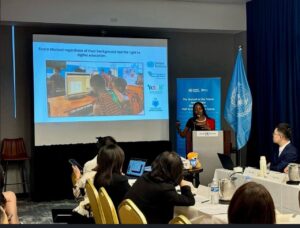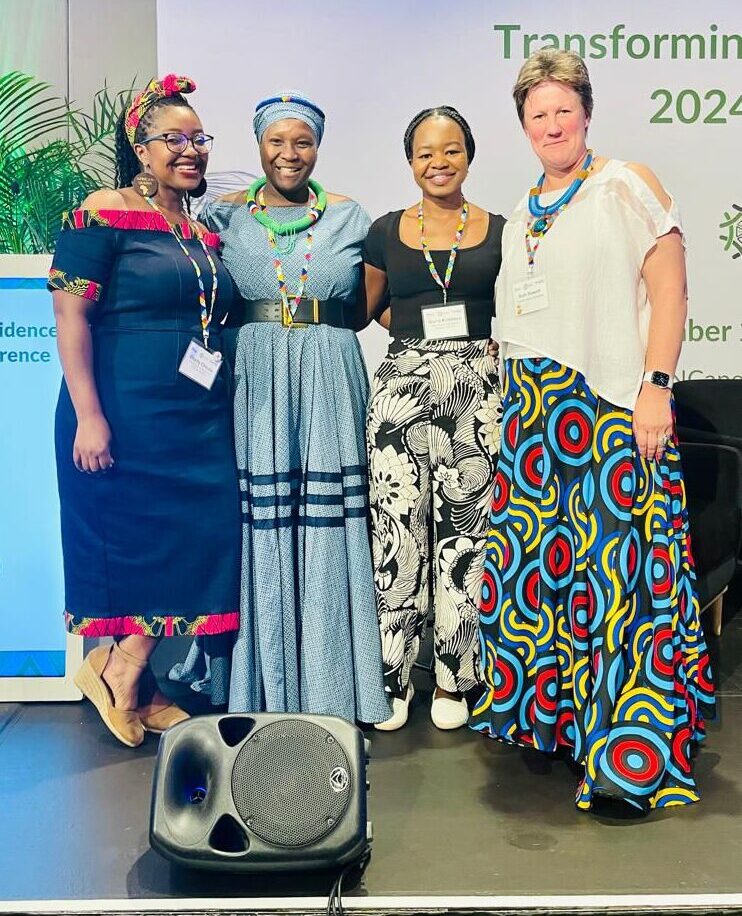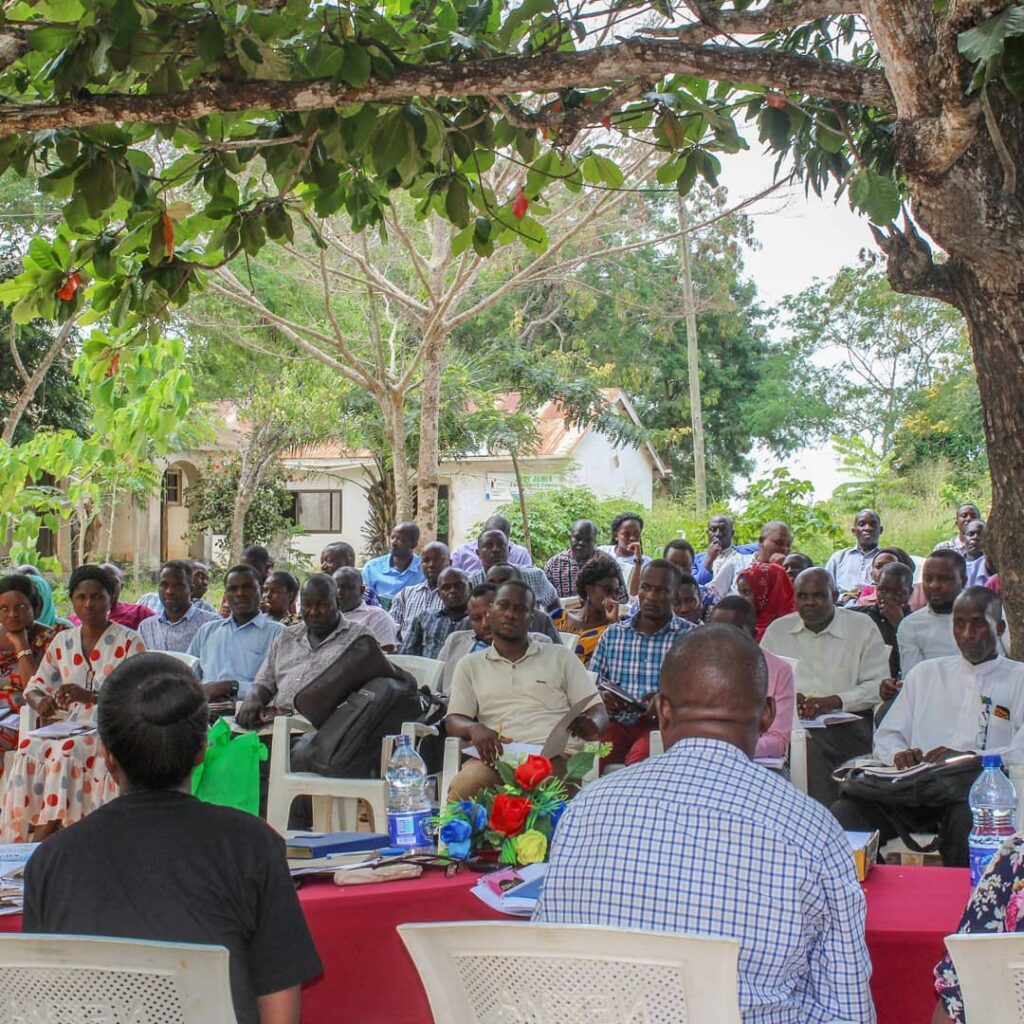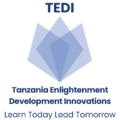EDUCATION EVIDENCE FOR ACTION
Program Overview
Our Education Evidence for Action Program (EEAP) ensures that education policies and interventions in Tanzania are informed by accurate, relevant, and timely evidence. Through comprehensive evidence gathering and synthesis, we provide key stakeholders, including government agencies, schools, and policymakers, with practical recommendations to improve education outcomes.
The Problem
Quality education is the foundation of national development, yet many policies and programs lack the necessary evidence and insights to drive meaningful change. Without data-driven analysis, education systems struggle to address critical challenges such as resource allocation, student performance, and curriculum effectiveness.
Our Solution
TEDI is committed to ensuring that education decisions in Tanzania are guided by strong, actionable evidence. Over the next five years, we aim to deepen our evidence generation and synthesis efforts, influence national education strategies, and drive sustainable improvements in learning quality across the country. The key focus areas to our solution are:
Evidence-based Programs
In-depth exploration of education trends, learning outcomes, and systemic challenges.
Evidence Synthesis
Analyzing and compiling data to inform strategic decisions and policy formulation.
Stakeholder Engagement
Collaborating with government and education actors to translate evidence into action.
Achievements So Far
We have played a pivotal role in shaping Tanzania’s National Digital Education Strategy by contributing evidence-based insights and recommendations on integrating digital literacy into the education system. Through policy dialogues, stakeholder engagements, and evidence synthesis, TEDI has:

Provided insights on digital literacy gaps in schools, highlighting infrastructure challenges and teacher readiness.

Organized Africa Evidence Week webinars featuring education experts, government representatives, and international stakeholders to discuss digital education reforms.

Contributed to efforts ensuring equitable access to digital learning tools for students and teachers in underserved areas.

Engaged with the Ministry of Education’s Digital Education Committee, offering evidence-based recommendations to enhance digital learning.
